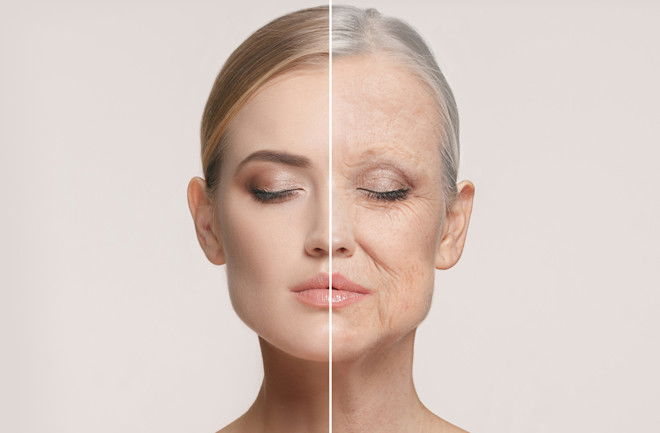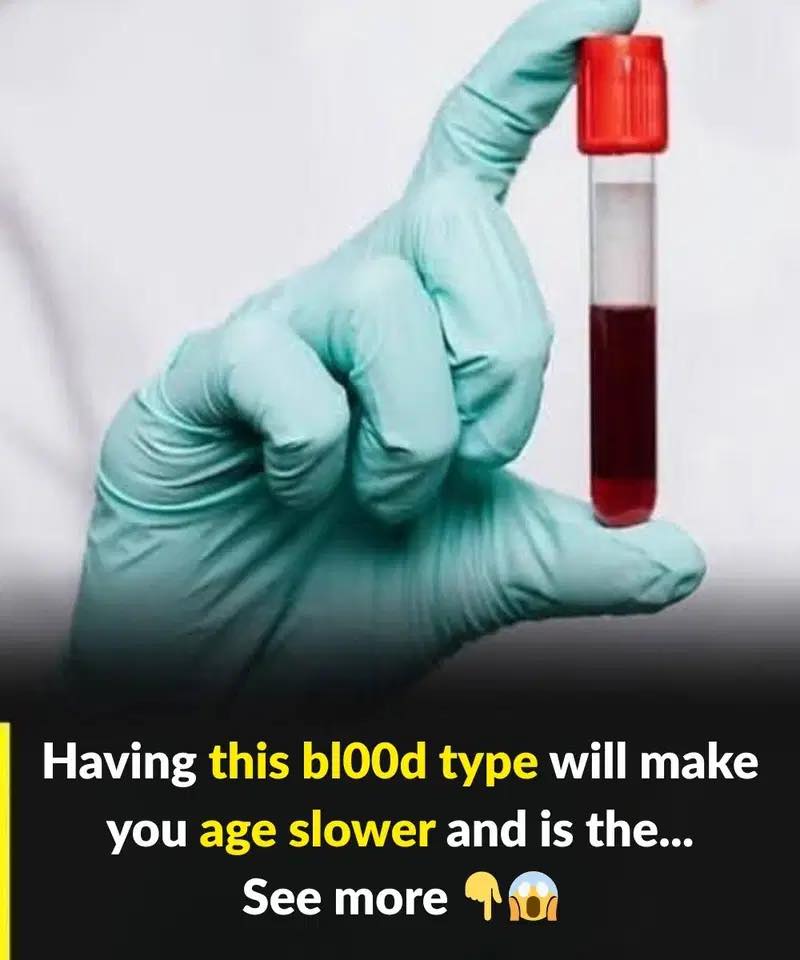This doesn’t mean people with bl00d types A, B, or AB are doomed to age faster. Each blood type has its own strengths and weaknesses. For example:
- Type A: More likely to have a stronger immune response to certain infections, but may suffer higher stress levels, which can affect aging.
- Type B: Known for balanced metabolism and adaptability, but may have slightly higher risk for inflammation-related issues.
- Type AB: The rarest bl00d type, AB individuals often share benefits and risks of both A and B, making them unique but harder to categorize in research.
Can You Change Your Aging Path?
While you can’t change your blood type, you can make lifestyle choices that work with your genetic strengths. For those with type O bl00d, this might include:

- Consuming anti-inflammatory foods like berries, leafy greens, and fatty fish.
- Staying physically active to maintain the heart and brain in shape.
- Prioritizing sleep and stress management.
For other blood types, it’s crucial to know your risks and adjust accordingly—whether that means controling stress, monitoring heart health, or centering on brain-promoting habits.
The Bottom Line
Your bl00d type might be more than just a medical label. It could provide clues about how your body ages and what you can do to stay youthful longer. While type O may hold a slight advantage in aging more gracefully, healthy habits and proactive care are what truly matter—no matter your blood type.

